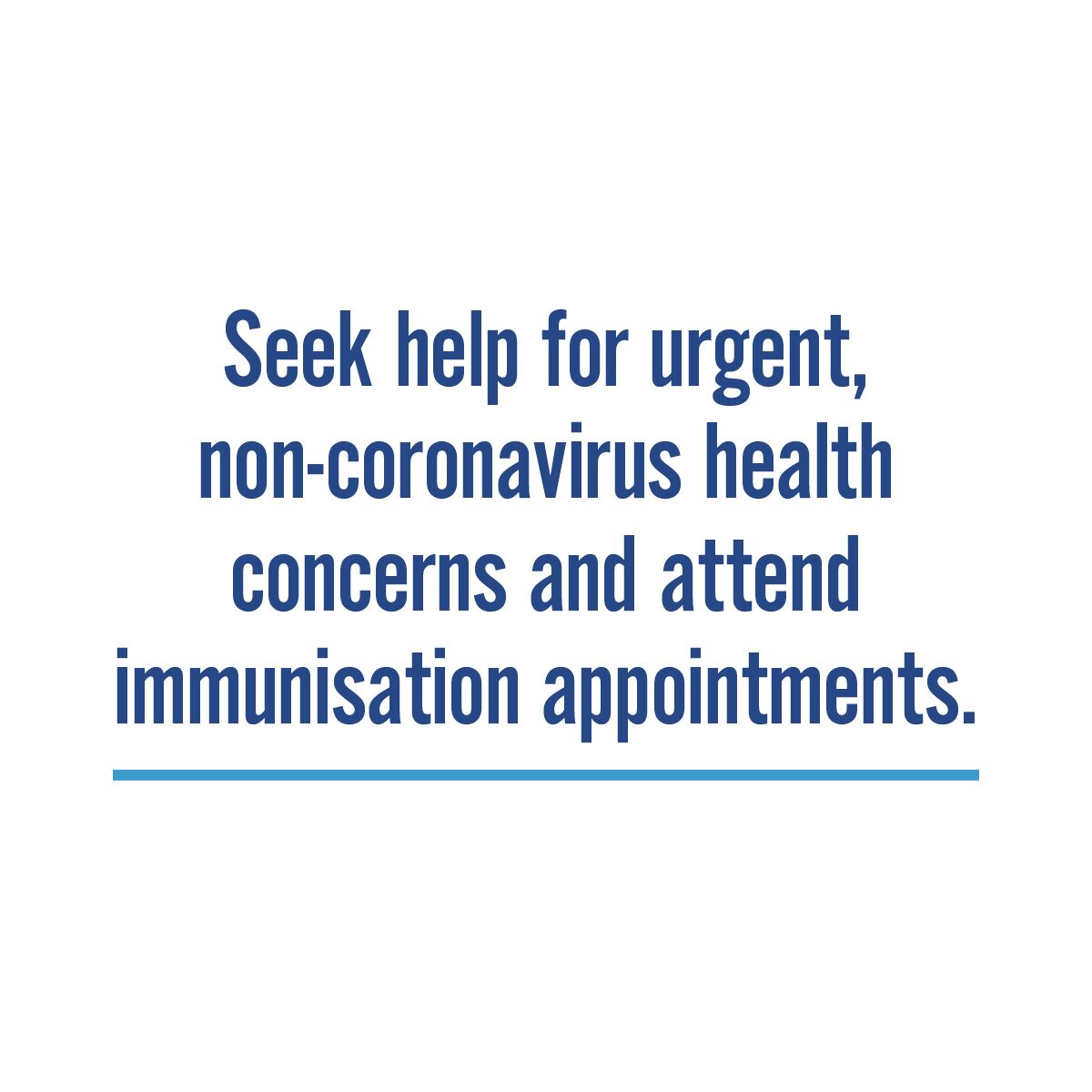Additional Impact of Covid-19 – fewer confirmed prostate cancer diagnoses in March – June 2020 compared to previous year

Additional Impact of Covid-19 – fewer confirmed prostate cancer diagnoses in March – June 2020 compared to previous year
It is a real concern that an additional impact of COVID-19 appears to be a drop in the number of confirmed diagnoses of cancer, including prostate cancer between March and June 2020. The Public Health Scotland statistics suggest that there was a reduction of 17% in the number of men diagnosed with prostate cancer during the first half of the year compared with a year before, which means that 279 fewer men have been diagnosed[i]. Public Health Scotland suggest that this is unlikely to be a reduction in the occurrence of cancer but is instead likely due to many people who have health concerns not getting in touch with their GP practice, or reductions in the availability of diagnostic services and treatment during that period.
People not contacting their GP could be for a variety of very well intentioned reasons, such as not wanting to put additional pressure on their GP practice or the health service. However, the health service remains open to help and treat people with urgent worries and needs – especially so in vital areas such as cancer diagnosis and treatment. We would encourage men with prostate symptoms to contact their GP. In view of these figures it is vitally important that efforts are redoubled to create awareness that the health service is open and that people who are worried they might have cancer should get in touch with their GP. Early diagnosis can often lead to more successful treatment.
If men have concerns about symptoms when urinating, or see blood in their urine or in semen then they should get in touch with their GP practice and ask for further guidance. You can find out more about symptoms of prostate cancer or prostate disease at https://www.prostatescotland.org.uk/worried-about-your-prostate
There is also a symptom checker on our website that you can do. Although this will not give a diagnosis, it will point to the next steps that you may need to take. As most appointments with a GP will be done (even initially) by phone or video call, then you can print this off or take a screen shot and send to your GP. If you have an urgent health concern out of hours then you should still call 111, or if it is an emergency dial 999. Emergency admissions, cancer treatment and other urgent care will continue as planned.
There is also a symptom checker tool on our website that can be used. Although this will not give a diagnosis, it will point to the next steps that may need to be taken. As most appointments with a GP will be done (even initially) by phone or video call, the results of the symptom checker can be printed in A4 format, or a screen shot taken to be sent to your GP. If you have an urgent health concern out of hours then you should still call 111, or if it is an emergency dial 999. Emergency admissions, cancer treatment and other urgent care will continue as planned.
19 November 2020
Ends
Notes to Editors
For further information please contact Prostate Scotland at info@prostatescotland.org.uk or 0131 603 8660
Prostate cancer is the most common cancer amongst men in Scotland, with a lifetime chance of one in ten men developing it[[ii]]. There were over 37,009 new registrations of men with prostate cancer between 2008 and 2018 and 9,782 deaths of men in Scotland from prostate cancer during that period.[iii]. In 2018 in Scotland 4193 men were diagnosed with prostate cancer and 923 men in Scotland died from it[[iv]]. Encouragingly survival rates amongst men with prostate cancer have doubled over the past two decades with 84% of men with prostate cancer now surviving it[[v]]. Projections by the NHS show that the diagnosis of men with prostate cancer is likely to rise by up to 35% between now and 2027[[vi]]. Nonmetastatic castrate resistant prostate cancer.
Prostate Scotland is a registered Scottish charity no SC037494. It was set up in 2006 as a Scottish charity to develop awareness of prostate disease, to support men and their families/ partners with the disease through providing advice and information and to advance treatment and research into prostate disease. Its aim is to reach out across Scotland to create greater awareness amongst men and their families/partners about prostate disease and to advance treatment. It has established an award winning website www.prostatescotland.org.uk providing a wide range of information about prostate disease and treatments, as well as providing information and advice about prostate disease to men and their families across Scotland. In 2010 the charity won a national award for its impact on community health and in 2013 and 2015 was commended in the British Medical Association Patient information Awards, and in 2017 was awarded Scottish health charity of the year.
[i] See Public Health Scotland November 2020 https://scotland.shinyapps.io/phs-covid-wider-impact/
[ii] See Cancer Incidence in Scotland 2018 Public Health Scotland April 2020 pp21
[iii] See Cancer Incidence in Scotland 2018 Public Health Scotland April 2020, Cancer mortality in Scotland 2018 Public Health Scotland October 2019
[iv] See Cancer in Scotland Public Health Scotland April 2020 and Scottish cancer registry Cancer mortality in Scotland 2018 Public Health Scotland October 2019 p8
[v] Cancer in Scotland: ISD, NHS National Services Scotland, October 2018 pp 16-2
[vi] See Scottish Cancer Registry May 2016 and Cancer Incidence in Scotland (2014), and Information Services Division NHS National Services Scotland November 2015